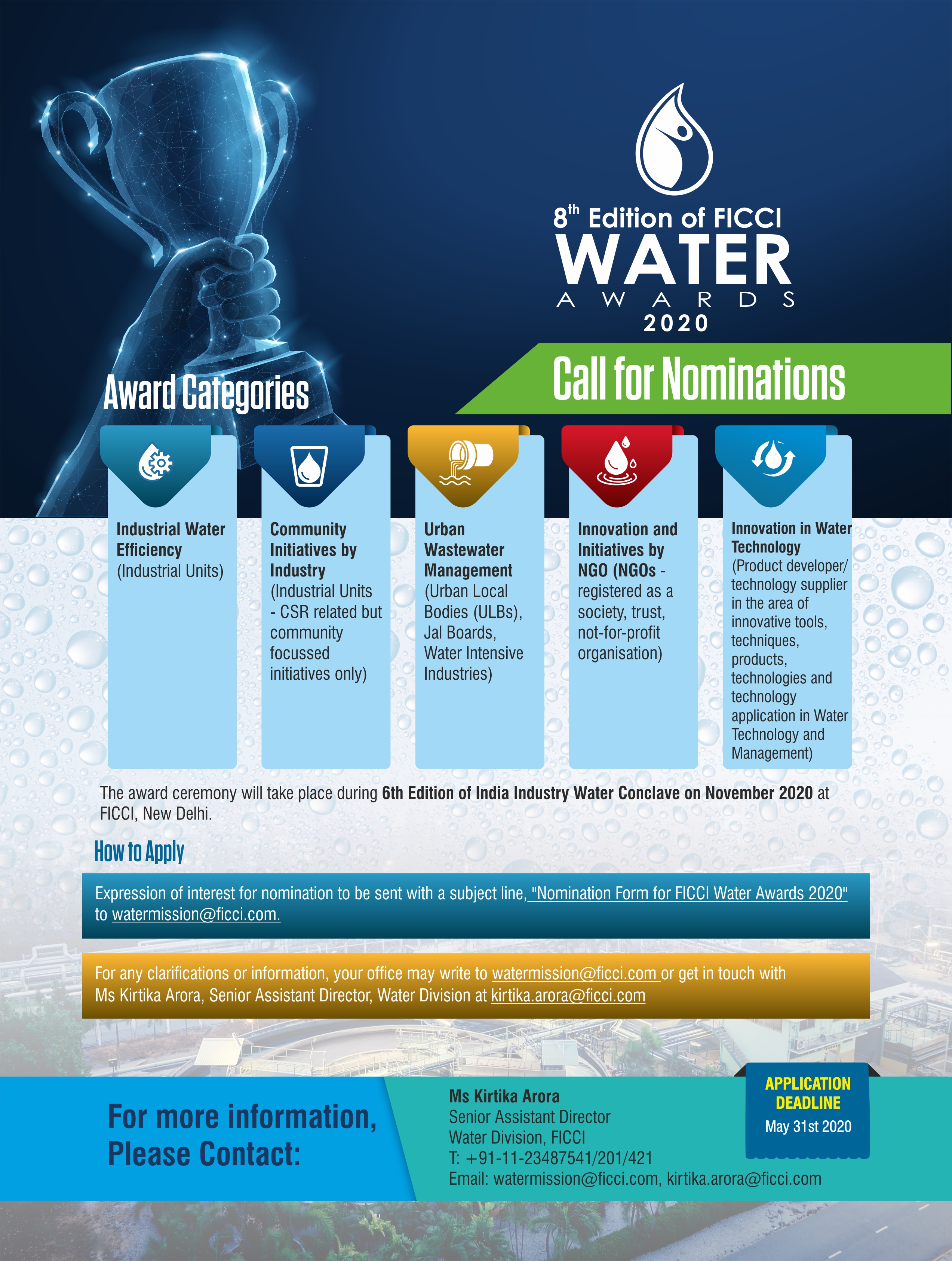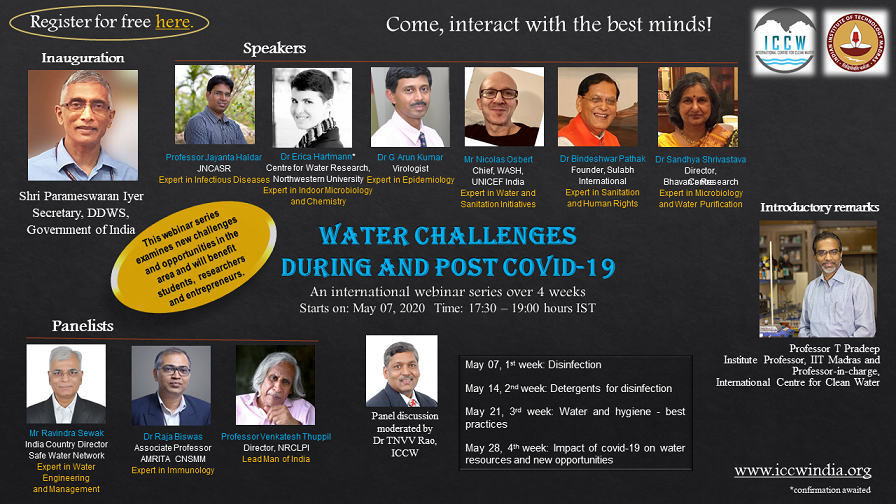/topics/sustainability
Sustainability
Jharkhand launches scheme to revive rural economy
Posted on 13 May, 2020 02:32 PMJharkhand government launches three schemes to revive rural economy under the MGNREGA

Need to build inclusive cities in the post-pandemic world
Posted on 12 May, 2020 08:36 PMWhen migrants headed home after Covid-19 lockdown 1.0, Sarojini was suddenly caught off-guard. She decided against moving, after an initial urge to leave for her village in Samastipur, Bihar. Her two sons stay with her at Delhi, doing daily wage labour work, while she works as a domestic help.

Horticulture pile-up, yet farmers stare at losses in Kachchh
Posted on 10 May, 2020 04:05 PMKachchh: A desert oasis under peril

Coping with Covid-19: Options before small and marginal farmers of rainfed regions
Posted on 09 May, 2020 03:11 PMThe global crisis due to Covid-19 has hit India after coursing through western Europe. India’s response to curtail the spread of the disease was quite decisive.

Community economies - Reconstructing rural economy with ecological sustainability and ethics of equity
Posted on 08 May, 2020 05:59 PMThe exodus of migrant workers from urban areas back to their villages in the wake of country wide lockdown has brought rural poverty into sharp focus. Reconstruction of rural economy therefore needs policy and planning attention.

Village institutions take a lead in Covid-19 response
Posted on 07 May, 2020 09:23 PMCovid-19 will have major implications in rural areas where the Foundation for Ecological Security (FES), a non-profit organisation has been working towards conservation of natural resources through collective action of local communities. Experience indicates that the complete lockdown to contain the spread of the disease has resulted in loss of rural incomes.

Call for Nominations: 8th Edition of FICCI Water Awards
Posted on 06 May, 2020 06:37 PM
For details, please click here.
In conversation with Rohini Nilekani: Water, societal platform thinking and COVID-19 response
Posted on 06 May, 2020 03:28 PMListen to the interview here:

IMD revises the onset and withdrawal dates for monsoon
Posted on 04 May, 2020 02:51 PMIMD revises monsoon calendar for the country






